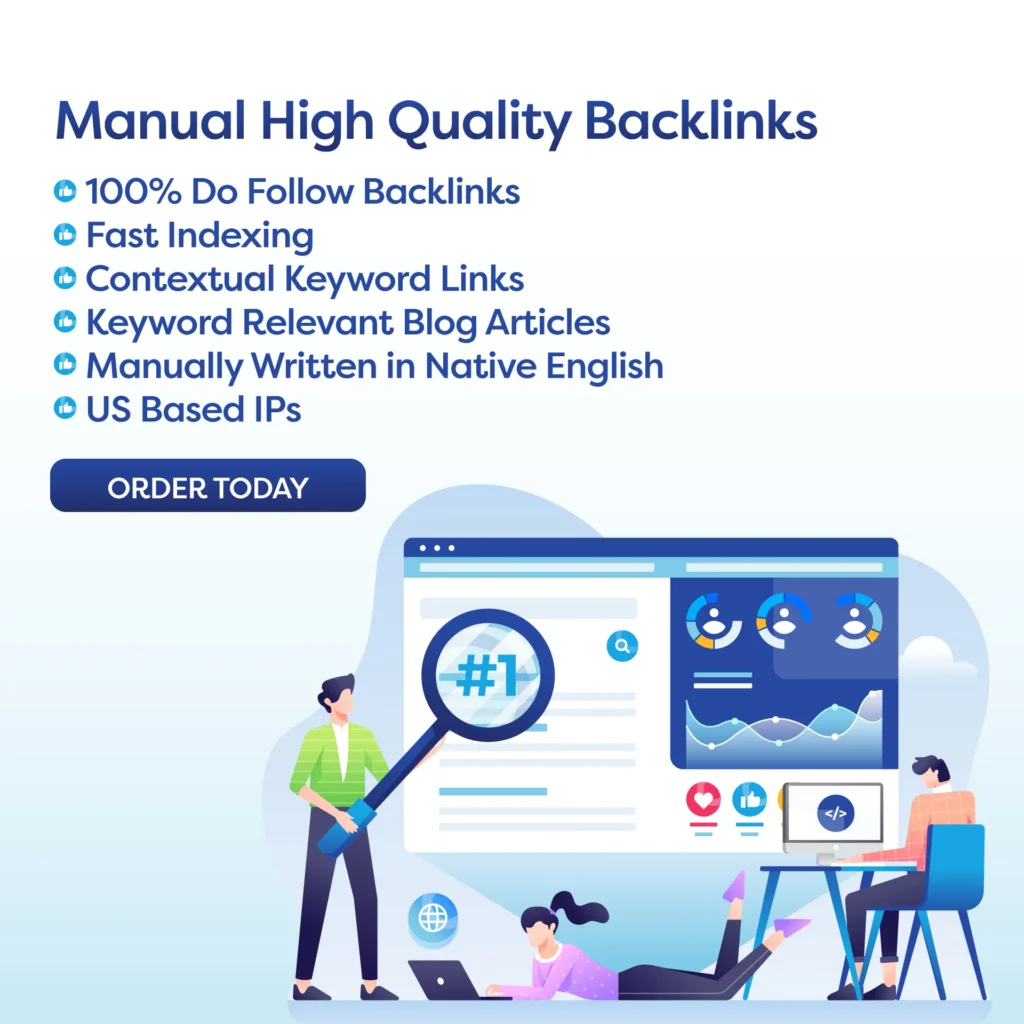User Experience: SEO Beyond Keywords
Introduction
When it comes to optimizing a website for search engines, most people think of keywords, backlinks, and other technical elements. However, one crucial aspect that is often overlooked is user experience (UX). UX refers to the overall experience a user has when interacting with a website, and it plays a significant role in SEO rankings. In this article, we will explore how enhancing user experience can improve your SEO rankings and keep visitors coming back for more.
The Relationship between UX and SEO
Many people believe that SEO is all about pleasing search engine algorithms. While this may have been true in the past, today, search engines like Google have evolved to prioritize user experience. In fact, Google’s algorithm is constantly updated to favor websites that provide a positive user experience. This means that if your website has a poor user experience, it will likely have a negative impact on your SEO rankings.
How UX Improves SEO Rankings
1. Lower Bounce Rates:
A high bounce rate, which is the percentage of users who leave a website after visiting only one page, is a red flag for search engines. It indicates that users are not finding what they are looking for and are quickly leaving your site. By improving your website’s UX, you can reduce your bounce rate and signal to search engines that your website is relevant and engaging.
2. Longer Time on Site:
Similar to bounce rates, the amount of time a user spends on a website is also an important factor for SEO rankings. If visitors are spending a longer time on your site, it indicates that they are finding value in your content. A well-designed and user-friendly website will keep visitors engaged and encourage them to explore more pages, ultimately leading to longer time on site.
3. Mobile Optimization:
With the majority of internet users accessing websites through their mobile devices, it is crucial to have a mobile-friendly website. A website that is not optimized for mobile devices will have a poor user experience, leading to high bounce rates and low time on site. This will significantly impact your SEO rankings, as Google now prioritizes mobile-friendly websites in search results.
4. Improved Page Load Speed:
Page load speed is another essential factor for both UX and SEO. A website that takes too long to load will have a negative impact on user experience, leading to higher bounce rates. Furthermore, page load speed is a known ranking factor for SEO. By improving your website’s load speed, you can provide a better user experience and improve your SEO rankings.
How to Enhance User Experience
1. Optimize Your Website’s Navigation:
A well-organized and intuitive website navigation is crucial for providing a positive user experience. Users should be able to easily find the information they are looking for, without having to click through multiple pages. Consider implementing a drop-down menu, breadcrumbs, and a search bar to make navigation easier for your visitors.
2. Use High-Quality Visuals:
Visuals play a significant role in user experience. High-quality images, videos, and graphics can enhance the overall look and feel of your website, making it more appealing to users. Be sure to optimize your visuals for web use to avoid slowing down your website’s load speed.
3. Make Content Easily Accessible:
Users visit your website to find information or solve a problem. If your content is difficult to find or understand, it will lead to a poor user experience. Organize your content into categories and use headings, subheadings, and bullet points to make it easy to scan and digest.
4. Test Your Website’s UX:
The best way to determine if your website provides a positive user experience is to test it yourself. Click through your website, try to find information, and see if it is easy to navigate. You can also ask friends, family, or colleagues to provide feedback on their experience using your website.
Conclusion
In today’s digital landscape, user experience is crucial for SEO rankings. By providing a positive user experience, you can not only improve your website’s visibility in search engine results but also keep visitors coming back for more. So, next time you think about optimizing your website for SEO, remember to pay attention to user experience as well.
